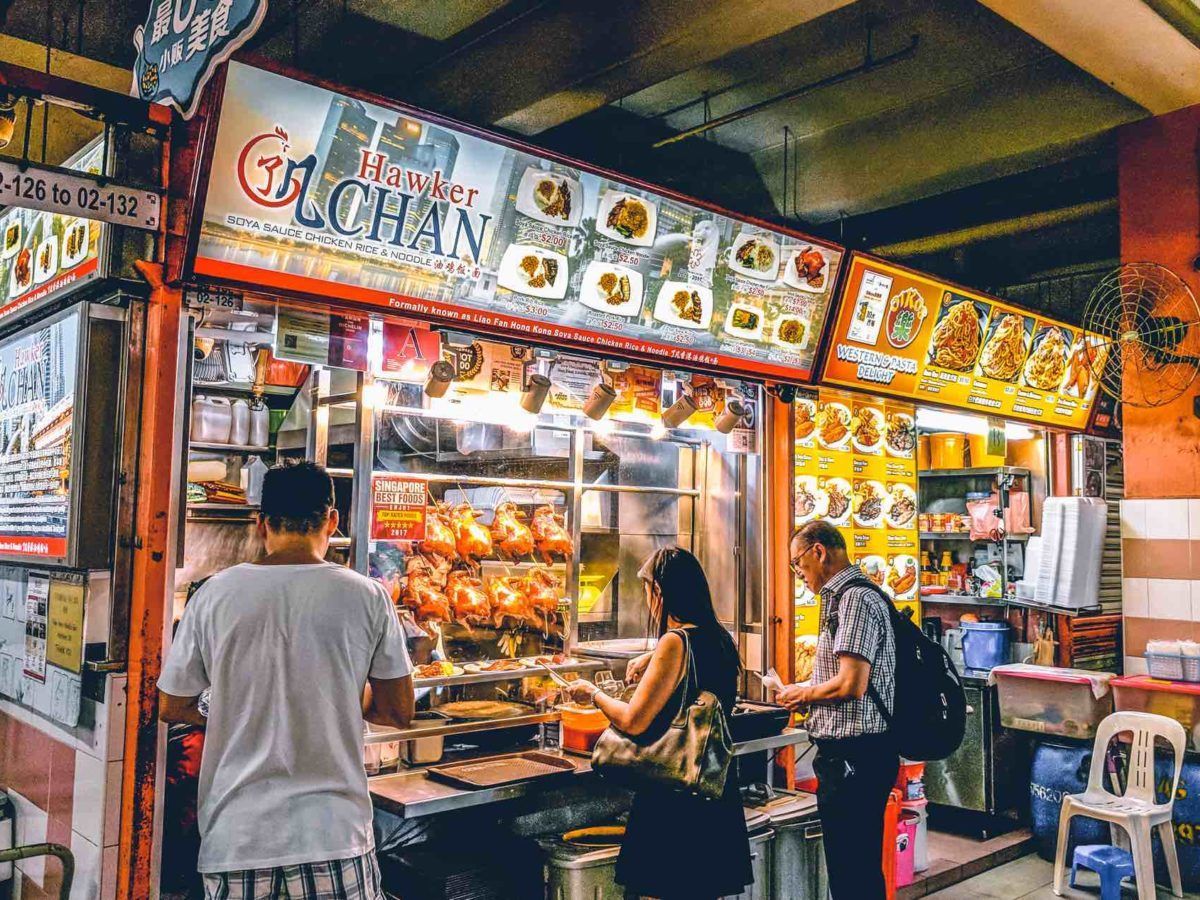
Unlocking Customer Loyalty: How Customer Loyalty Management Solutions Benefit F&B Businesses
Building and nurturing customer loyalty is essential for the long-term success of any F&B (Food and Beverage) business. With fierce competition and evolving consumer expectations, businesses must take proactive measures to retain their customers and create a loyal customer base. One effective solution that has gained significant popularity in recent years is Customer Relationship Management (CRM) systems. In this article, we will explore how CRM solutions can unlock customer loyalty and benefit F&B businesses, including restaurants and cafes.
Understanding Customer Loyalty:
Before delving into the benefits of CRM solutions, it's crucial to understand what customer loyalty entails. Customer loyalty goes beyond mere satisfaction; it reflects the emotional connection and commitment a customer has towards a particular brand or business. Loyal customers not only continue to choose your establishment but also become brand advocates, recommending your F&B business to others.
The Role of CRM Solutions:
CRM solutions are powerful tools designed to manage customer interactions, enhance customer experiences, and strengthen relationships. These systems allow F&B businesses to gather, organize, and analyze customer data, enabling personalized communication and targeted marketing efforts.
Here's how CRM solutions can unlock customer loyalty:
a. Customer Profiling and Segmentation: CRM systems enable F&B businesses to create comprehensive customer profiles by collecting and analyzing data such as purchase history, preferences, and demographics. By understanding customer segments, businesses can tailor their offerings and promotional strategies to specific groups, enhancing customer satisfaction and loyalty.
b. Personalized Marketing Campaigns: With CRM solutions, F&B businesses can create personalized marketing campaigns based on customer preferences, behavior, and past interactions. By sending targeted offers, promotions, and loyalty rewards, businesses can make customers feel valued, fostering a sense of loyalty and repeat visits.
c. Loyalty Programs and Rewards: CRM solutions facilitate the implementation of effective loyalty programs and rewards systems. F&B businesses can easily track and manage customer memberships, points, and rewards, creating incentives for customers to choose their establishment over competitors. By offering exclusive benefits and personalized rewards, businesses can cultivate a loyal customer base.
d. Enhanced Customer Service: CRM systems provide a centralized platform for managing customer inquiries, feedback, and complaints. By promptly addressing customer concerns and delivering exceptional service, F&B businesses can build trust, loyalty, and positive word-of-mouth.
Benefits for F&B Businesses:
Implementing CRM solutions in F&B businesses, including restaurants and cafes, can yield numerous benefits:
a. Increased Customer Retention: By understanding customer preferences and delivering personalized experiences, CRM solutions help improve customer satisfaction and loyalty. Satisfied customers are more likely to return and recommend your establishment to others, leading to increased customer retention rates.
b. Improved Operational Efficiency: CRM systems streamline and automate various business processes, such as order management, inventory control, and customer communication. This efficiency allows F&B businesses to focus on providing exceptional experiences, ultimately boosting customer loyalty.
c. Data-Driven Decision Making: With CRM solutions, F&B businesses have access to valuable insights and analytics. By analyzing customer data, businesses can make informed decisions regarding menu offerings, promotions, and business strategies, optimizing customer loyalty and revenue generation.
CRM solutions have emerged as invaluable tools for F&B businesses, enabling them to unlock customer loyalty and gain a competitive edge in the industry. By leveraging customer data, personalizing marketing efforts, implementing loyalty programs, and enhancing customer service, F&B businesses, including restaurants and cafes, can foster long-term customer loyalty. Embracing CRM solutions is a proactive step towards building stronger customer relationships, increasing customer retention, and driving business growth in the dynamic F&B landscape.
If you are interested in getting a member loyalty solution? Click
here
to schedule a free consultation today!
Interested in a CRM Based POS System, QR ordering or a standalone CRM membership system?
Send an Enquiry!
We will get back to you as soon as possible
Please try again later
You might also like


Location
160 Robinson Road SBF Center #26-02
Singapore 068914
Call
(+65) 6224 5788
WhatsApp Us
Click here to WhatsApp us

Navigation
Operating Hours
- Mon - Fri
- -
- Sat - Sun
- Closed
All Rights Reserved | Megasafe Technology Pte Ltd
